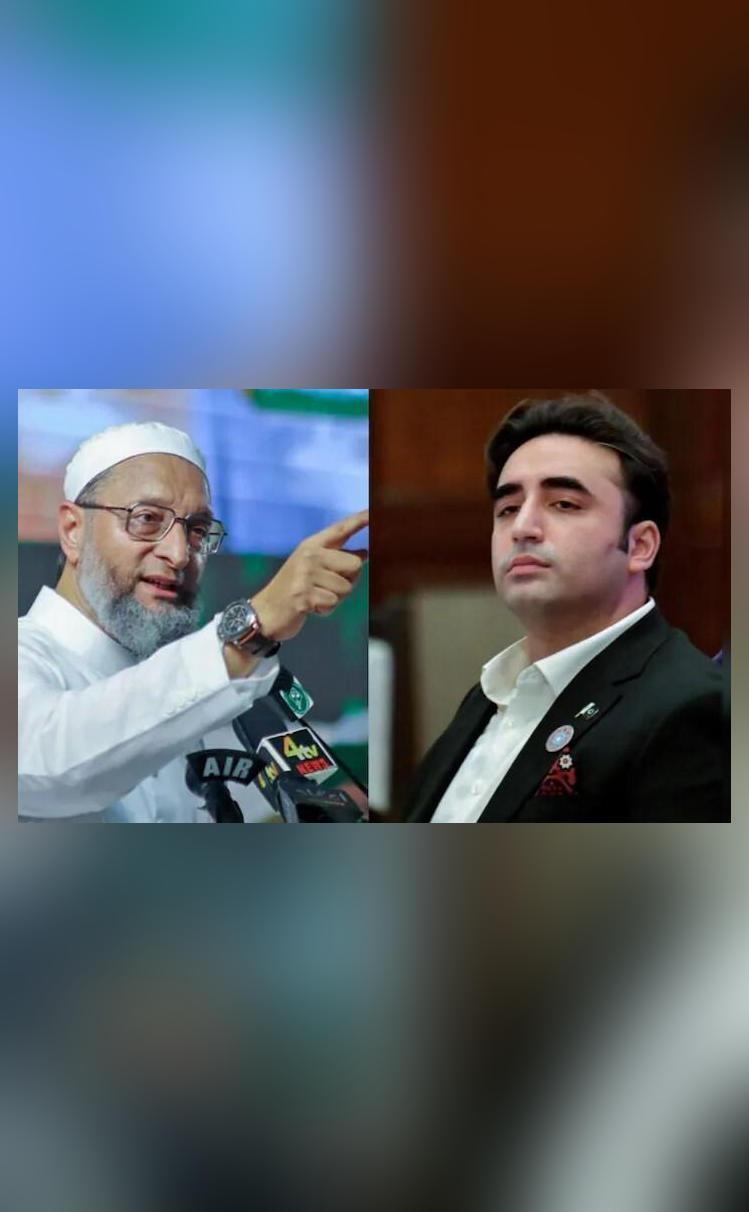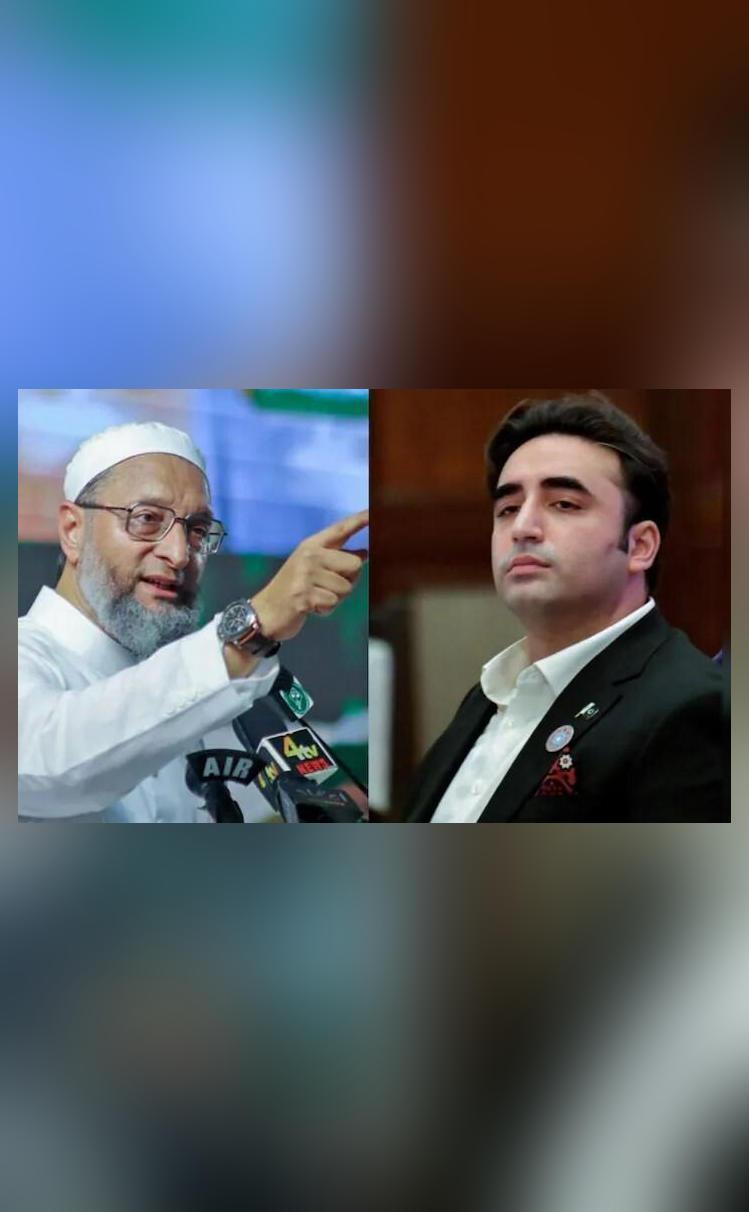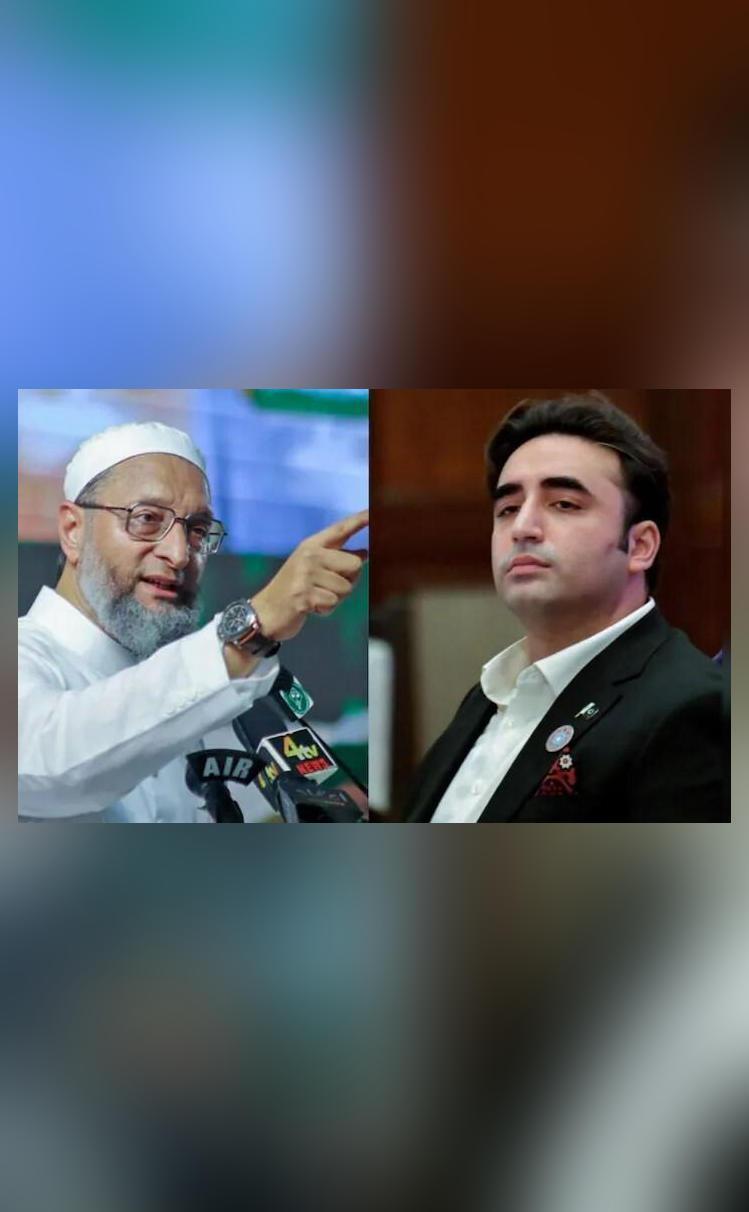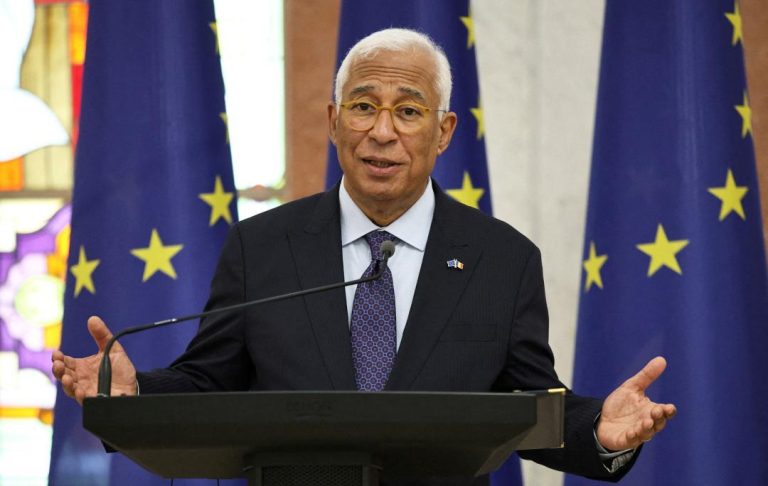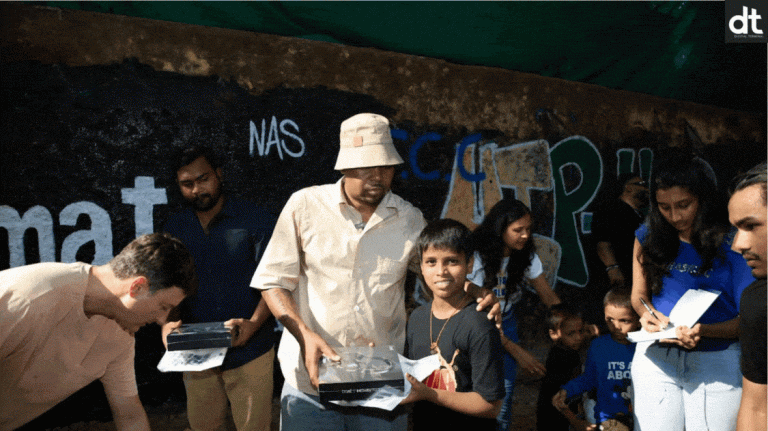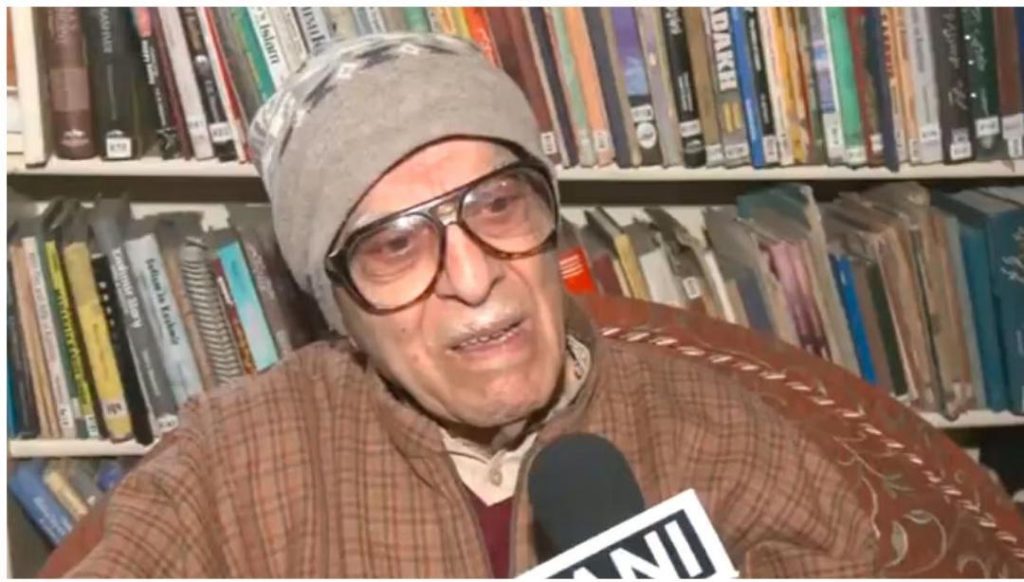
If Pak is denying role in attack, let’s accept their word: Congress’ Soz sparks controversy
The recent terror attack in Pahalgam, Jammu and Kashmir, has sent shockwaves across the nation, leaving several people injured and one dead. The attack, which is being attributed to Pakistani-backed terrorists, has sparked a heated debate over the involvement of Pakistan in such attacks. Amidst the controversy, Congress leader and former Union Minister Saifuddin Soz made a statement that has sparked widespread criticism. Soz said, “If Pakistan says it’s not involved in [Pahalgam terror attack], let’s accept their word for now and rely on our investigating agencies.”
Soz’s statement has been met with strong criticism from the BJP, with Anurag Thakur, the party’s spokesperson, slamming Soz for “shamelessly defending Pakistan” and being sympathetic to a “rogue nation”. Thakur’s statement is not surprising, given the BJP’s long-standing stance on Pakistan’s alleged involvement in terror attacks in India. However, Soz’s statement has raised several questions and concerns about the Congress party’s stance on the issue.
On the surface, Soz’s statement seems to be a conciliatory gesture, acknowledging Pakistan’s denial of involvement in the attack and expressing a willingness to rely on Indian investigating agencies to uncover the truth. However, beneath the surface, Soz’s statement raises several questions about the Congress party’s willingness to compromise on national security and its willingness to appease Pakistan.
Firstly, it is important to note that Pakistan has a history of denying involvement in terror attacks, only to be later proven wrong. In 2019, Pakistan denied involvement in the Pulwama terror attack, which killed over 40 Indian security personnel. However, subsequent investigations revealed that the attack was carried out by Pakistan-based terrorist organization Jaish-e-Mohammed. Similarly, Pakistan has denied involvement in several other terror attacks in India, only to be later proven wrong.
Given Pakistan’s history of denial and deception, it is puzzling that Soz is willing to accept Pakistan’s word at face value. It is the responsibility of governments to investigate and gather evidence before making statements about an attack, rather than relying on the word of a country with a history of lies.
Furthermore, Soz’s statement raises questions about the Congress party’s stance on national security. The party has been criticized in the past for its lack of a clear stance on national security, and Soz’s statement only adds to that criticism. The Congress party has been accused of being soft on terrorism and Pakistan, and Soz’s statement only reinforces those fears.
It is also worth noting that Soz’s statement comes at a time when India is already facing several challenges on the national security front. The Indian government has been engaged in a bitter standoff with China over the border, and Pakistan has been accused of supporting terrorist organizations in the region. Given these challenges, it is puzzling that Soz is advocating for a conciliatory approach towards Pakistan.
In conclusion, Soz’s statement has sparked a heated debate over the Congress party’s stance on national security and its willingness to compromise on the issue. While Soz’s statement may seem conciliatory on the surface, it raises several questions about the party’s stance on the issue. The Congress party needs to clarify its stance on national security and its willingness to compromise on the issue, rather than relying on vague statements that only serve to undermine national security.
Sources:
